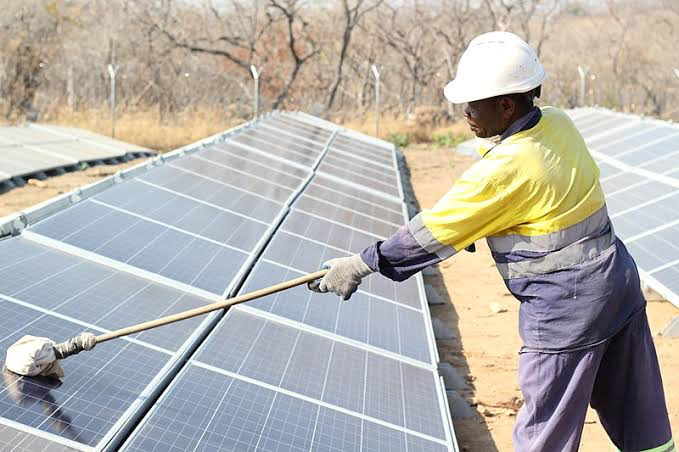Africa is facing a dual challenge of expanding access to electricity and reducing its dependence on fossil fuels. More than half of the continent’s population lacks reliable and affordable power, while millions still rely on wood and charcoal for cooking, exposing them to harmful indoor pollution and contributing to deforestation and climate change.
To address this challenge, the World Bank and the Eastern and Southern African Trade and Development Bank (TDB) have announced a new facility of close to $300 million to support distributed renewable energy (DRE) and clean cooking private sector projects in 20 African countries. The facility is part of the first wave of phases of the World Bank’s International Development Association (IDA) $5 billion Accelerating Sustainable and Clean Energy Access Transformation (ASCENT) program, which aims to provide access to electricity to up to 100 million people in Africa by 2030 and help achieve the Sustainable Development Goal 7 on universal energy access.
DRE systems, such as solar off-grid and mini-grids, are the fastest and most cost-effective way to bring clean electricity to remote and rural areas, where grid extension is often not feasible or affordable. DRE can also complement grid supply by providing backup power and enhancing reliability and resilience. Clean cooking solutions, such as improved cookstoves and biogas, can reduce the health and environmental impacts of traditional biomass use while saving time and money for households.
The facility will provide loans and grants to DRE and clean cooking companies, as well as technical assistance, capacity building, and financial innovation to enhance the sustainability and scalability of their interventions. The facility will also leverage private sector financing and crowd in more capital for the DRE and clean cooking sectors, which have been historically underfunded and face multiple barriers, such as high upfront costs, perceived risks, and low consumer awareness and demand.
The facility will be implemented by TDB, a regional development finance institution with 41 sovereign and institutional shareholders and assets of $7.2 billion. TDB has a track record of financing innovative off-grid solar projects in the region and has a strong pipeline of DRE and clean cooking opportunities. TDB will also collaborate with other financial intermediaries, such as the Trade and Development Fund (TDF), to extend smaller loans to SMEs in the DRE and clean cooking space.
The facility is expected to facilitate access to electricity for up to 5 million people and access to clean cooking for up to 1 million people, as well as add up to 35 MW of renewable energy capacity to the region. It will also support job creation, gender equality, climate resilience, and greenhouse gas emission reduction.
The facility is financed through IDA financing and a grant from the Energy Sector Management Assistance Programme (ESMAP), a global knowledge and technical assistance program administered by the World Bank and supported by 18 partners.
The facility is part of a broader effort by the World Bank Group to scale up DRE and clean cooking solutions in Africa, in collaboration with other development partners, such as the African Development Bank, the European Union, and the UK Foreign, Commonwealth, and Development Office. The World Bank Group is also supporting policy and regulatory reforms, market development, and capacity building to create an enabling environment for DRE and clean cooking investments in the continent.
Source: Zawya



